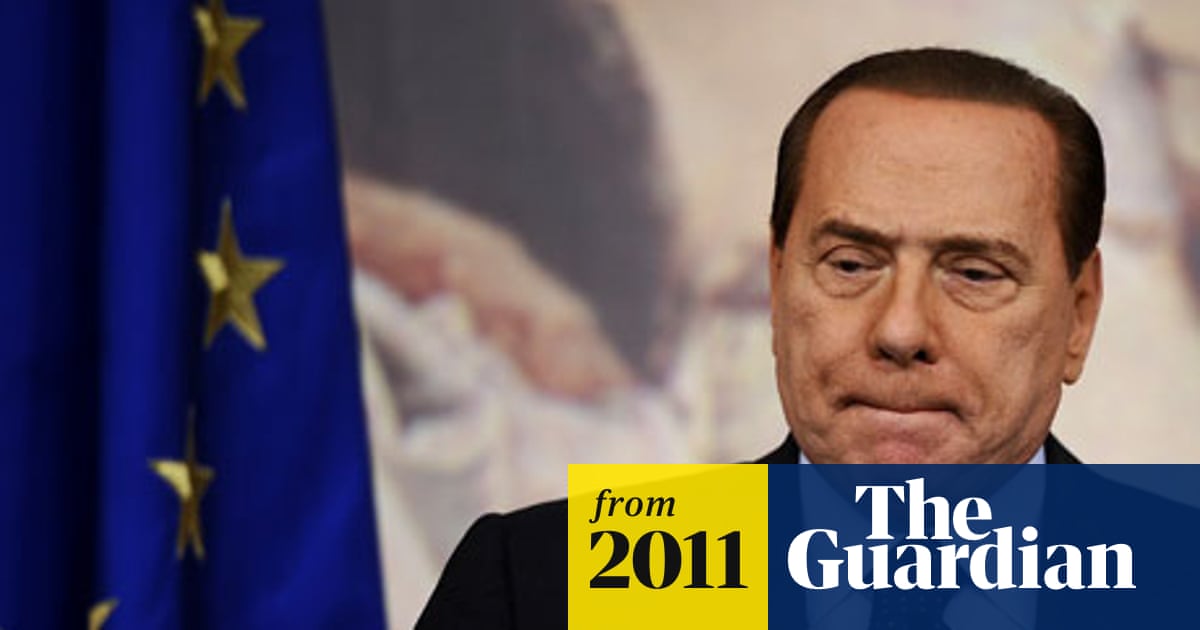Originally posted by Onur
View Post
There is nothing original regarding Turkish toponyms in the Balkans. You are an anomaly to the area. The only reason why your lot made it out to us was because the Chinese had the smarts to build a wall to keep you out.







Comment